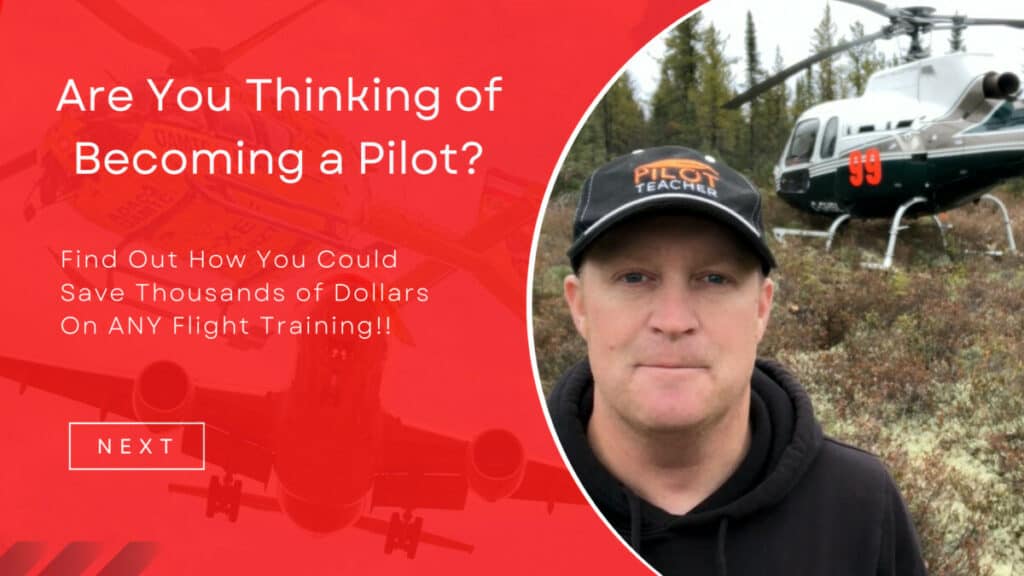
For many people wanting to become a pilot the answer to whether they need a college degree to be successful in aviation is sometimes hard to find. Scouring the job boards for pilot jobs shows degrees are required and then other times not. So what is the answer? Do flight students need a degree before learning to fly?
A degree is required to be a pilot in the military. In civilian aviation, it is not an FAA requirement however, some employers may require a degree but that’s a company-specific policy. A degree can help show an employer your abilities, dedication & management skills to help beat other candidates.
I do not have a college degree, and I know many pilots in very different flying careers who do not have a degree so why do some companies mandate that you have a college degree?
Do You Need A Degree To Be A Pilot?
Nope, Nada, Nej, Net, Não. No matter the language you speak there is no FAA requirement to have a degree to become a pilot.
To become a pilot, all you need to do is have the money to pay for flight training, the knowledge to pass the written examinations, the practical flight experience to pass a flight test (also known as a ‘Checkride’), and the health to pass a medical examination for the class of medical sought.
That’s it!
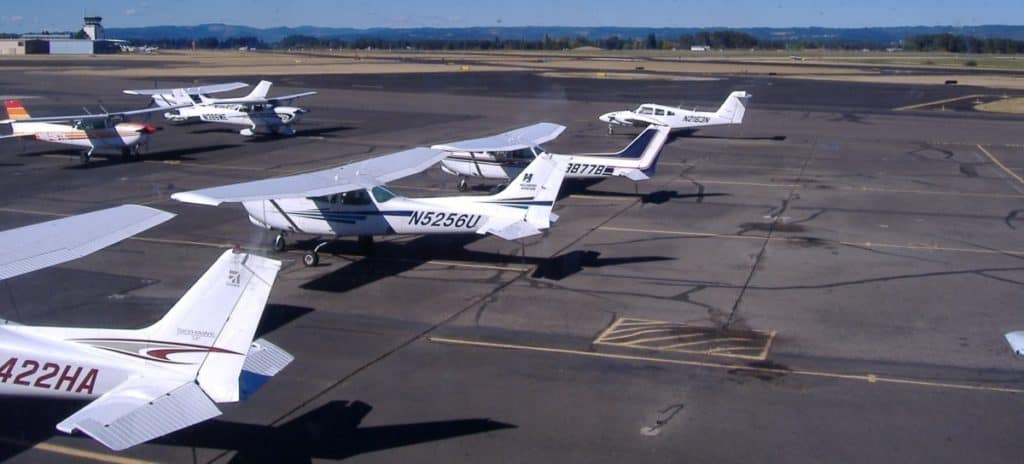
This is applicable to becoming a pilot of a fixed-wing (airplanes), rotary-wing (helicopters), balloon, glider, drone, and for all certificate types:
- Sport Pilot Certificate
- Recreational Pilot Certificate
- Private Pilot Certificate
- Commercial Pilot Certificate
- Airline Transport Pilot Certificate
- Certified Flight Instructor Certificate
For more information regarding medical certificates and pilot training costs please see the ‘Further Reading’ section at the very bottom of this article
So why do people tell me I need a degree to be a pilot? This comes down to the requirements of individual companies. Many companies like to employ pilots who have been to college and successfully completed a degree program because it proves to the employer that the candidate has proven the following:
- Dedication
- Work Ethic
- Self-Management
- Time-management
- Mental Aptitude
- Responsibility
- This list goes on…
But, this does not mean that a person who has not got a degree is not capable of this, far from it, but for some recruiters, this helps to speed up the recruitment process for them.
In my opinion, I do not think having a degree is necessary to be a pilot at all. I have flown with very clever flight students with multiple degrees and they would never make it as a pilot. But then on the other end, I have flown with people with very little education and they will and have become incredibly talented pilots, so a degree does not prove anything.

Join My Newsletter & Get Great Tips, Information and Experiences To Help You Become a Superb Pilot!
What a person needs to understand about learning to become a pilot is that it does require a good portion of mental aptitude to be able to learn and understand the physics, math, physiology, and law that every pilot must learn to pass the written and practical flight tests.
I left school and went on to complete a 5-year technical engineering apprenticeship and I am good at math and physics, yet it took me a while to get my head around aviation theory! It is a tough slog in the beginning but there are so many incredible ground school training programs out there that really help you to picture, process, and understand the theory.
One such training program is Rod Machado’s range of pilot training. Rod has been flying and teaching for decades and his training material for all pilot certificates works very well.
This is the reason it is my number one recommendation for student pilots to get.
You can find out more information about the Rod Machado Training Courses HERE at Rodmachado.com:
So, when it comes to looking for a career as a pilot, the individual company you are applying for will dictate the education level required.
For example,
Having a quick look around some of the most common aviation recruitment websites I have found the following:
- FedEx requires its pilots to have a degree
- American Airlines has no degree requirement
- Delta Airlines requires its pilots to have a degree
- Alaska Airlines requires a high school diploma or equivalent
Here are some Examples of Job Postings:
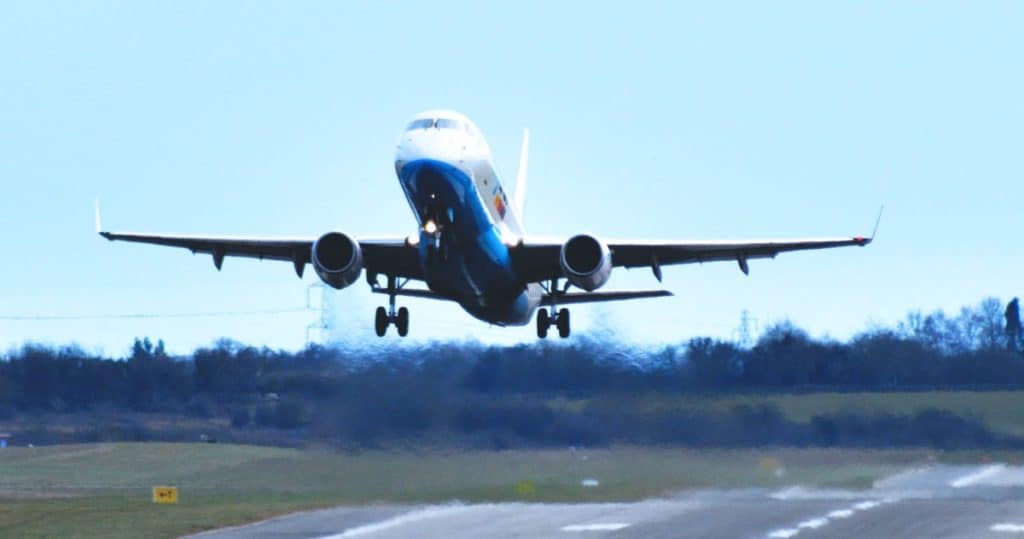
Airline Pilot:
Here is an excerpt of the pilot requirements for American Airlines:
(Link To AA Pilot Recruitment Page):
- Excellent communication skills and quick and accurate decision making
- Close attention to detail
- Minimum age of 23
- Ability to work varying hours of the day or night, on weekends and holidays
- Must be able to secure appropriate airport authority and/or Customs security badges
- Fulfillment of FAA criminal background checks
- Ability to learn and work with PEDs
- Distance vision corrected to 20/20 and near vision corrected to 20/40 or better in each eye
- Current Unrestricted Airline Transport Pilot (ATP) rating (multi-engine)
- Valid FCC Restricted Radio Telephone Operator Permit
- Valid First Class Medical Certificate
- Flight time in accordance with all FAA requirements
- Must be able to fluently speak and understand English
- Must have the right to work in the United States
- Additionally, we require all of our pilots to have a valid passport and documentation allowing for entry into the United States after an international flight
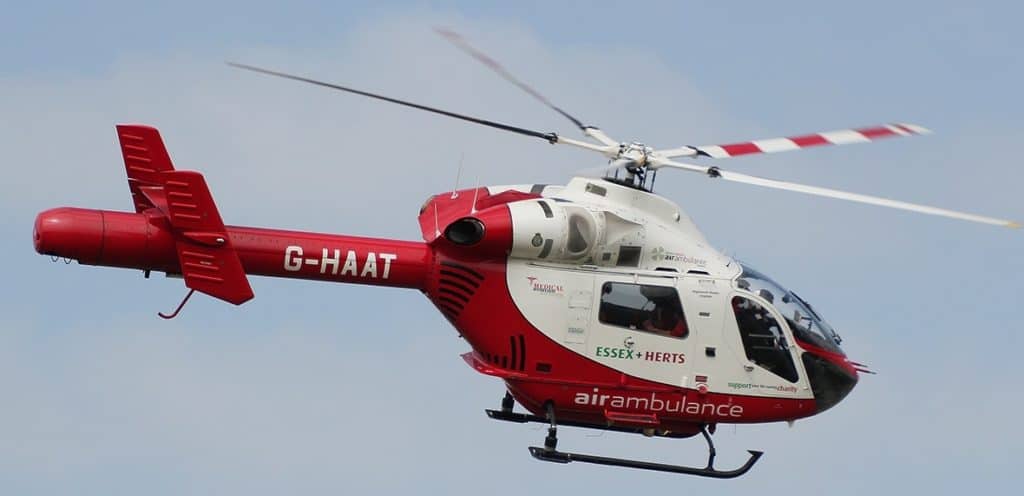
EMS Helicopter Pilot:
Here is an excerpt of the pilot requirements for an EMS Helicopter Pilot with Metro Aviation:
(Link To Metro Aviation Pilot Recruitment Page):
- FAA Commercial Pilot Rotorcraft Certificate and Instrument Helicopter Rating (Airline Transport Pilot Rotorcraft Preferred)
- FAA 1st Class Medical (1st Class required at some locations)
- Total Helicopter Flight Time 2,500 hours
- Total Pilot-In-Command 1,000 hours
- Cross Country Flight Time 500 hours
- Night Flight Time 200 hours, including 50 hours night unaided
- Instrument Flight Time 100 hours helicopter instrument or simulated flight time
- Turbine Helicopter 1000 hours
- Factory-approved or equivalent ground and flight school in assigned helicopter
- Instrument qualified and current in assigned helicopter(s)
- 10 hours in type, five(5) of which must be at night
- Air Medical operations
- Single Pilot IFR operations
- Night Vision Goggle operations
Completing a college degree really is a personal choice for every person and depending on the employer you wish to fly for in the future, may dictate whether or not you need to enroll in a degree program.
If you are purely flying for pleasure then no degree is required, however, if you are reading this with a view of wanting to fly in the military then keep reading!
Do You Need A Degree To Fly In The Military?
For many people, the dream of becoming an aviator in the military may have begun the first time they saw a fast jet, ginormous cargo freighter, or a helicopter flying low over the treetops. No matter the dream, each branch of the military has their own requirements to become a pilot.
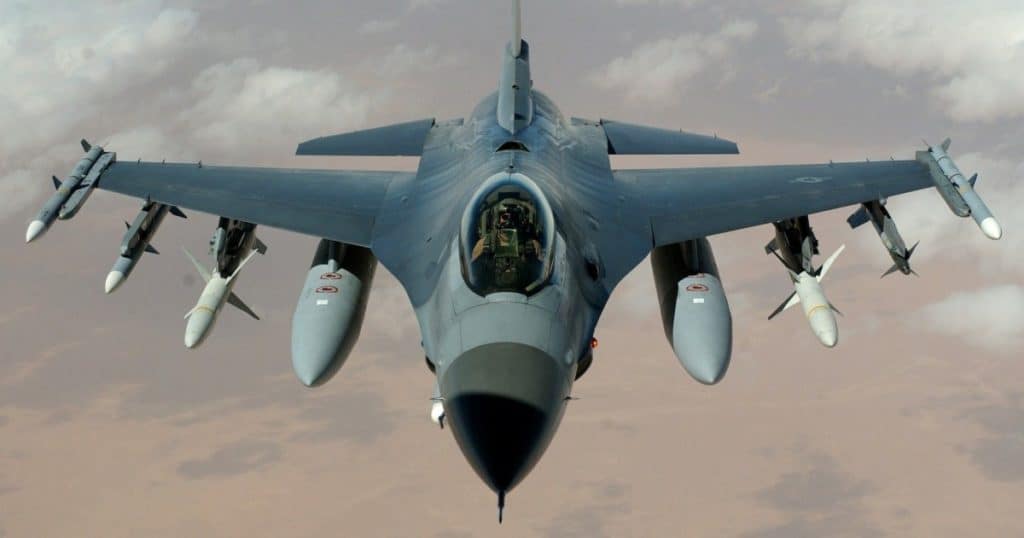
The only branch to not require a person to have a degree prior to flight school is the U.S. Army.
Read on to find out more about each branch’s pilot requirements…
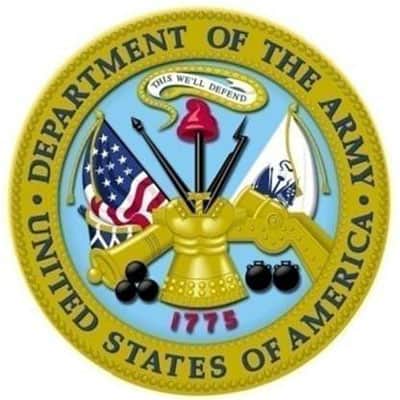
How To Become a Pilot in the U.S. Army
The U.S. Army only flies helicopters. You can either learn to become a pilot once you have been enlisted and are currently serving or you can utilize their ‘Street-To-Seat’ flight officer recruitment program.
To be eligible for the Street-To-Seat program you must meet the following requirements:
- High School Diploma
- 18 years old at the time of enlistment and no older than 33. (Applicants must not have passed their 33rd birthday at the time of enlistment.
- Achieve a qualifying score on the Selection Instrument for Flight Training (SIFT). SIFT test results are valid indefinitely, as long as verifiable official records exist. No waivers are available for failure to meet the minimum SIFT score.
- Earn a minimum of 110 General Technical (GT) score on the Armed Forces Vocational Aptitude Battery (ASVAB) (nonwaivable). The GT score is one component of the ASVAB results.
- Meet the Active Duty Army’s screening height and weight standards.
- Take a complete physical exam at a Military Entrance Processing Station (MEPS) and meet entry medical fitness standards as determined by military medical authorities no more than 24 months prior to the date of application.
- Must also undergo a Class 1A Flight Physical Examination in addition to the one conducted at the MEPS and have results approved by Flight Surgeons at Fort Rucker, Alabama, prior to the selection board.
- The Flight Physical must be less than 18 months old.
If you are successful in being accepted, your training will follow:
- 9 Weeks Basic Combat Training
- 6 Weeks Warrant Officer Candidate School
- WOFT – Warrant Officer Flight Training
You will progress through training until you graduate from all courses. Only then will you be issued your ‘Wings’.
For more information on becoming a pilot in the U.S. Army, you can find, and direct all your questions to a recruiter.
You can find them HERE at goarmy.com
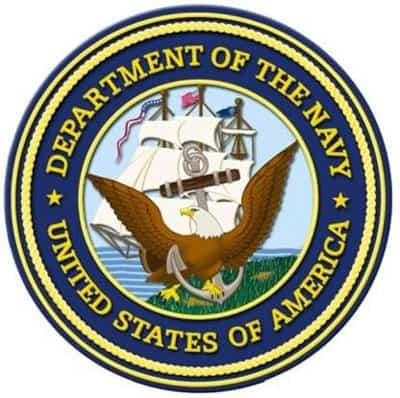
How To Become a Pilot in the U.S. Navy
The U.S. Navy flies both fixed and rotary-wing aircraft, and now UAVs. Just like the U.S. Army, you can learn to become a pilot by either being an enlisted sailor who can then apply for flight training selection, or you can complete an applicable 4-year bachelor’s degree and apply to enter as an officer.
To be eligible to work as a Navy Pilot or Naval Flight Officer you must meet the following requirements:
- Completed a four-year bachelor’s degree from a regionally accredited institution in a technical field
- Be a U.S. citizen; or Legal Permanent Resident (Enlisted)
- Be between the ages of 17 and 39 to enlist or be between 19 and 42 to become an Officer*
- Have a qualifying score on the Armed Services Vocational Aptitude Battery (ASVAB) test (Enlisted) or the Officer Aptitude Rating (OAR) and Aviation Selection Test Battery (ASTB) (Officer)
- Pass the Military Entrance Processing Station (MEPS) medical exam
- Meet the physical, mental, and moral standards of the Navy
*If you are not yet 18, you need parental consent to join.
If you are successful in being accepted, your training will follow:
- 13 Week Initial Officer Candidate School (OCS)
- 6 Week Air Indoctrination Course
- 22 Week Primary Flight Training
- Pilots and Naval Flying Officers will then request which type of aircraft they wish to pursue:
- Jet
- E2/C2 – Hawkeye
- Maritime – Multi-Engine
- Helicopter
- E6 TACAMO – Airborne Command Post
- Intermediate Flight Training On selected Aircraft Type – Duration Varies
- Advanced Flight Training On selected Aircraft Type – Duration Varies
You will progress through training until you graduate from all courses. Only then will you be issued your ‘Golden Wings’.
For more information on becoming a pilot in the U.S. Navy, you can find, and direct all your questions to a recruiter.
You can find them HERE at Navy.com
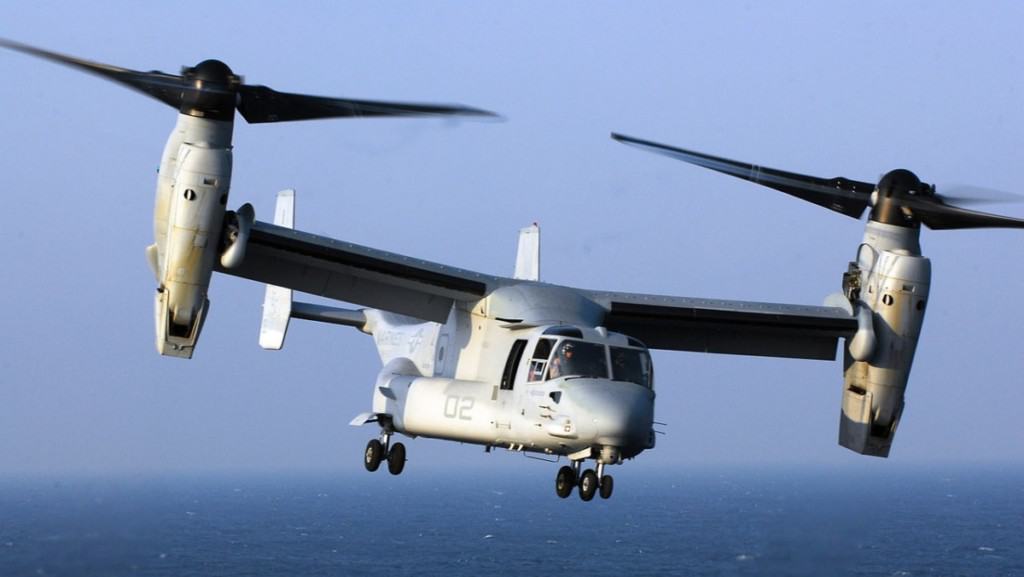
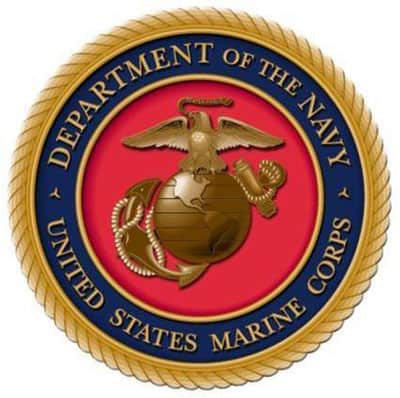
How To Become a Pilot in the U.S. Marine Corps
All U.S. Marine Corps pilots are officers. You can either become an officer by being an enlisted Marine and applying internally through Platoon Leaders Class (PLC), Officer Candidate Course, Naval Reserve Officers Training Corps (NROTC), or Marine Corps Enlisted Commissioning Education Program (MECEP), or by completing an applicable 4-year bachelors degree and apply to enter as an officer.
To be eligible to work as a U.S. Marine Corps pilot you must meet the following requirements:
- Completed a four-year bachelor’s degree from a regionally accredited institution in a technical field
- Be a U.S. citizen; or Legal Permanent Resident (Enlisted)
- Be between the ages of 18 and 28 (Candidates must be commissioned prior To their 28th birthday)
- Have a qualifying score on the Armed Services Vocational Aptitude Battery (ASVAB) test (Enlisted) or the Officer Aptitude Rating (OAR) and Aviation Selection Test Battery (ASTB) (Officer)
- Pass the Military Entrance Processing Station (MEPS) medical exam
If you are successful in being accepted, your training will follow:
- 10 Week Initial Officer Candidate School (OCS)
- 6 Week Air Indoctrination Course
- 20-30 Week Primary Flight Training
- Pilots will then request which type of aircraft they wish to pursue:
- Strike Jet
- Strike Jet / TS
- Multi-Engine
- Helicopter
- Intermediate Flight Training On selected Aircraft Type – Duration Varies
- Advanced Flight Training On selected Aircraft Type – Duration Varies
You will progress through training until you graduate from all courses. Only then will you be issued your ‘Golden Wings’.
For more information on becoming a pilot in the U.S. Marine Corps, you can find, and direct all your questions to a recruiter.
You can find them HERE at Marines.com
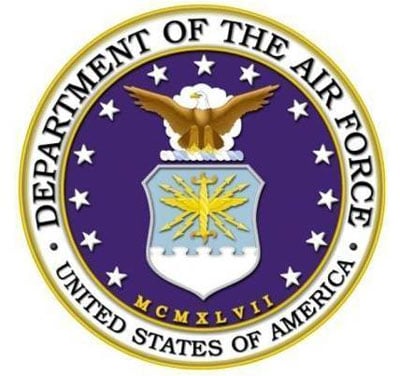
How To Become a Pilot in the U.S. Air Force
All U.S. Air Force pilots are officers. You can either become an officer by being enlisted and applying internally through the Air Force Reserve Officer Training Corps (AFROTC), attend the United States Air Force Academy (USAFA) or by completing an applicable 4-year bachelor’s degree and applying to enter as an officer.
To be eligible to work as a U.S. Air Force pilot you must meet the following requirements:
- Completed a four-year bachelor’s degree from a regionally accredited institution in a technical field
- Be a U.S. citizen; or Legal Permanent Resident (Enlisted)
- Be between the ages of 18 and 33 to being flight training
- Have a qualifying score on the Armed Services Vocational Aptitude Battery (ASVAB) test (Enlisted) or the Officer Aptitude Rating (OAR) and Aviation Selection Test Battery (ASTB) (Officer)
- Pass the Military Entrance Processing Station (MEPS) medical exam
If you are successful in being accepted, your training will follow:
- 9.5 Week Initial Officer Candidate School (OCS)
- 6 Week Initial Flight Training (IFT)
- 54 Week Primary Flight Training
- Pilots and Naval Flying Officers will then request which type of aircraft they wish to pursue:
- Fighter/Bomber
- Airlift/Tanker
- Helicopter
- Advanced Flight Training On selected Aircraft Type – Duration Varies
You will progress through training until you graduate from all courses. Only then will you be issued your ‘Wings’.
For more information on becoming a pilot in the U.S. Air Force, you can find, and direct all your questions to a recruiter.
You can find them HERE at airforce.com
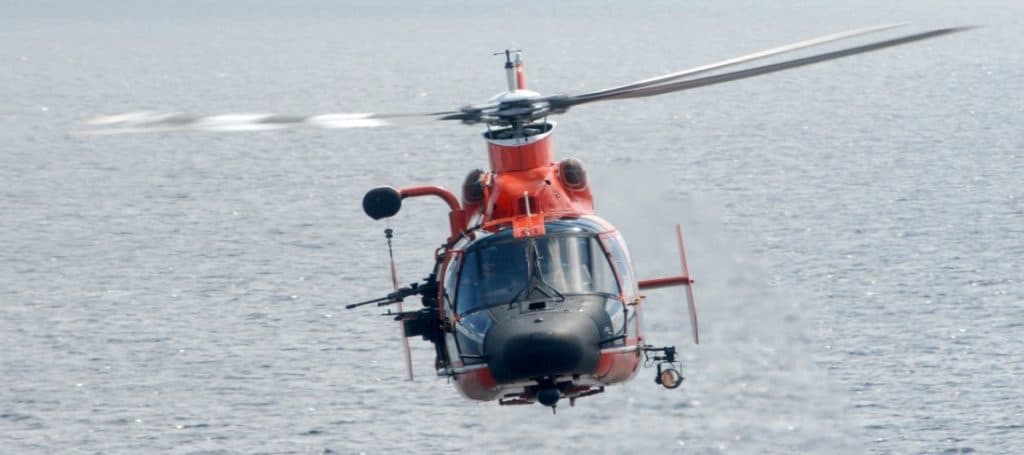
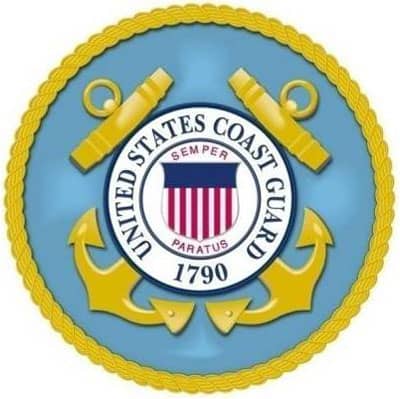
How To Become a Pilot in the U.S. Coast Guard
All U.S. Coast Guard pilots are officers. You can either become an officer by being enlisted and applying internally through the Direct Commission Aviator (DCA) Program, attending the U.S. Coast Guard Academy, or by completing an applicable 4-year bachelor’s degree and applying to enter as an officer.
To be eligible to work as a U.S. Coast Guard pilot you must meet the following requirements:
- Completed a four-year bachelor’s degree from a regionally accredited institution in a technical field
- Be a U.S. citizen; or Legal Permanent Resident (Enlisted)
- Be between the ages of 21 and 27 to being flight training
- Have a qualifying score on the Armed Services Vocational Aptitude Battery (ASVAB) test (Enlisted) or the Officer Aptitude Rating (OAR) and Aviation Selection Test Battery (ASTB) (Officer)
- Pass the Military Entrance Processing Station (MEPS) medical exam
If you are successful in being accepted, your training will follow:
- 17 Week Initial Officer Candidate School (OCS)
- 6 Week Initial Flight Training (IFT)
- 22 Week Primary Flight Training
- Pilots and Naval Flying Officers will then request which type of aircraft they wish to pursue:
- Multi-Engine
- Helicopter
- 20 Weeks of Advanced Flight Training On selected Aircraft Type
You will progress through training until you graduate from all courses. Only then will you be issued your ‘Wings’.
For more information on becoming a pilot in the U.S. Coast Guard, you can find, and direct all your questions to a recruiter.
You can find them HERE at gocoastguard.com
To Finish
The career path you wish to take as a pilot will dictate whether or not you will need a degree. You can fly most civilian aircraft without a degree, but there will be times when companies may mandate it. This usually seems to become more noticeable when there is an abundance of pilots.
Unless you apply to fly the U.S. Army you are going to need a degree. You can either earn a degree before joining the military or by getting accepted into the officer training program and earn your degree during enlistment.
Having a degree can also lead to further aviation-based careers in the future. Management, sales, development, safety, and so many more jobs can be offered to those who have a degree compared to those without.
The bottom line is you do not always need a degree to become a pilot and love your job – I don’t have a degree and I am fine in my chosen career!
Further Reading
If you found this article interesting and would like to keep reading, I highly recommend the following articles from my blog:



